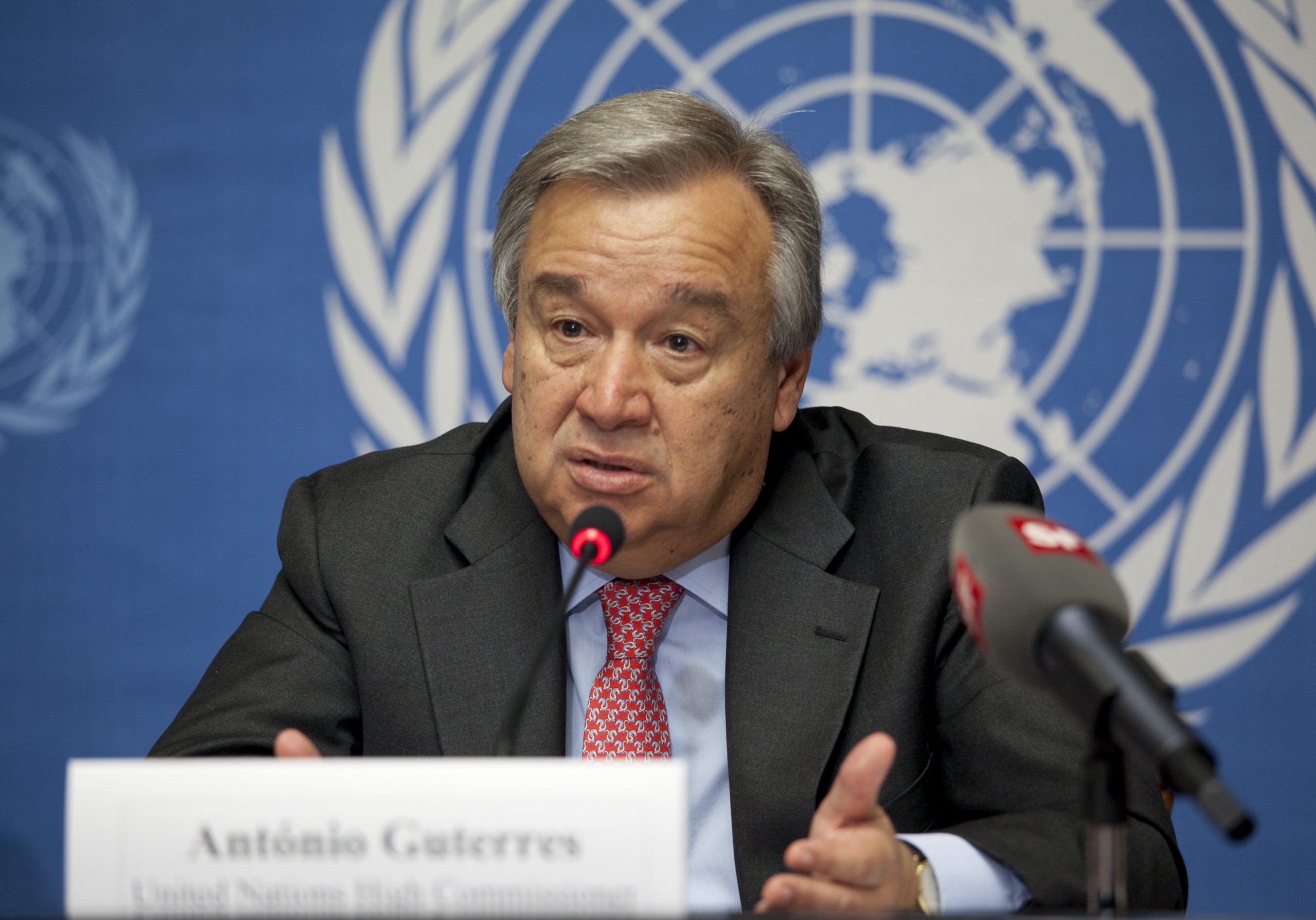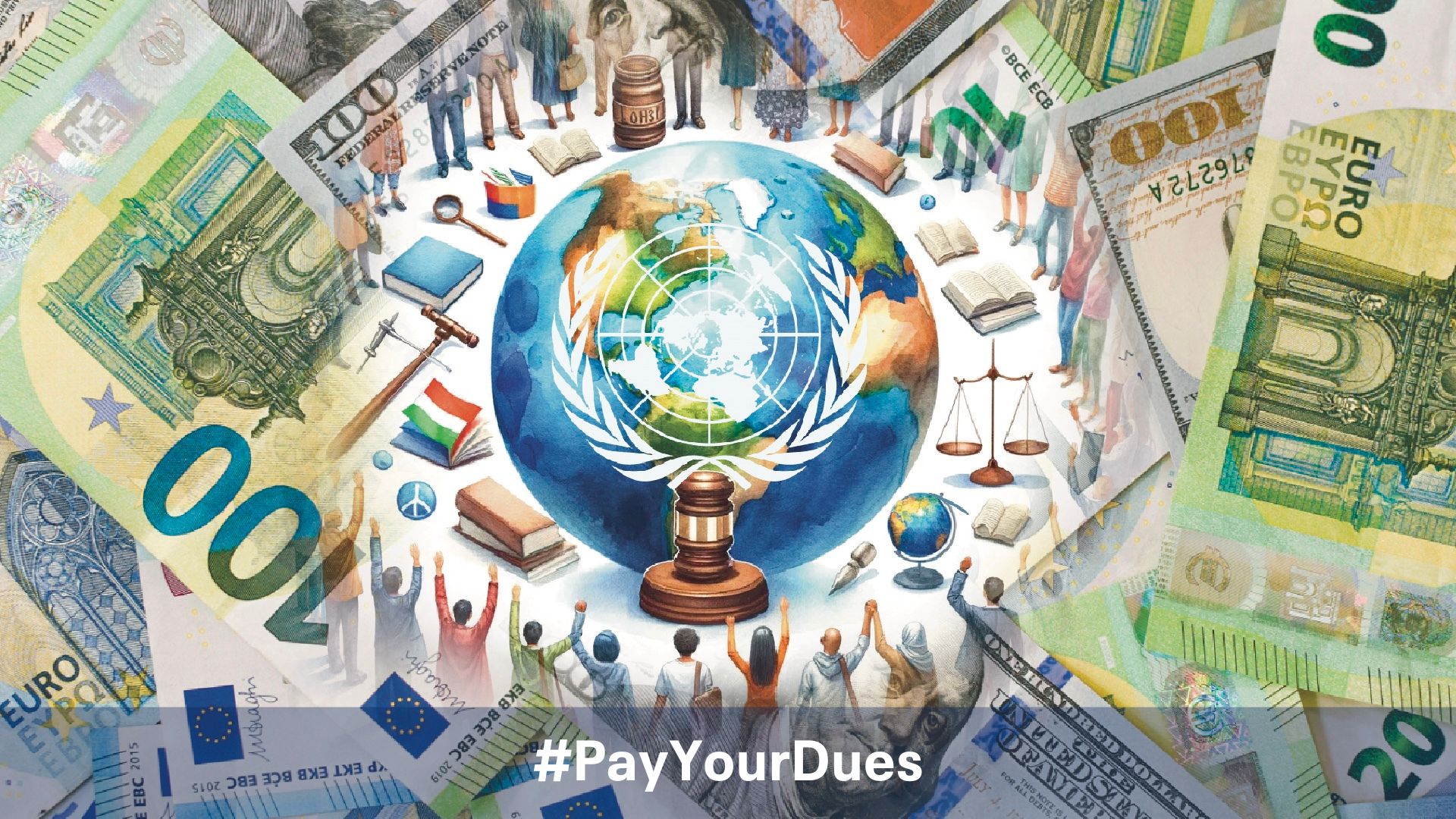‘It is gravely concerning that, as in the past, this years’ report includes an increased number of reported cases ‘, said Madeleine Sinclair, ISHR New York Office Director and Legal Counsel. The report raises 45 cases from 29 countries. Cases include travel bans in Bahrain, China, and the United Arab Emirates (the UAE); freezing of financial assets in Egypt; detention in India, Egypt, Iran, Morocco, Myanmar, the UAE, Saudi Arabia and China; and intimidation in Cameroon, Guyana, Mali, Myanmar, and Venezuela.
The Report is not comprehensive. Many incidents go unreported and others are excluded for security reasons and a concern for victims. Several cases on defenders from China submitted by ISHR are notably absent, including the case of WANG Qiaoling and LI Wenzu, the wives of two detained lawyers who have been intimidated and harassed; CAO Shunli, an activist who was detained in September 2013 prior to boarding a flight for Geneva, where she was going to participate in China-related U.N. training sessions, and who died in detention after authorities denied her adequate medical care; and Dolkun Isa, Vice President of the Unrepresented Nations and Peoples Organisation (UNPO) and World Uyghur Congress President, who was denied entry into the meeting of the UN Permanent Forum on Indigenous Issues in New York in April 2018.
‘Activists working on China have long been concerned about intimidation and reprisals by the government, and cite this as a key factor discouraging them from engaging with the UN. As raised in ISHR’s submission, these defenders continue to face serious risks and threats, to themselves and their families, for providing information to the UN,’ said Sarah M. Brooks, ISHR Asia Programme manager.
The Report also concludes that the UN must strengthen the collection of information on acts of intimidation and reprisal by encouraging all parts of the system to share information more regularly on such cases. The Report highlights in particular the situation of lesbian, gay, bisexual, transgender, and intersex persons facing reprisals for their advocacy, and recommends that the UN do more to ensure that ‘their experiences are documented, disaggregated, and properly analyzed, with a view to ensuring that they are not exposed to additional risk’.
In practice, the Council’s discussion of cases in the Report and follow-up to those cases has not been very systematic. Even though follow-up on previous cases is now included in the Report, States have not used this information effectively to hold other States accountable, when the Report is presented to the Council by the senior official on reprisals—Andrew Gilmour, the Assistant Secretary-General for Human Rights.
States must do more to follow up on cases cited in the Report in order to strengthen its deterrent effect and increase the political cost of carrying out reprisals for offending States. ‘What we see now is defenders dissuaded from engaging because the cost is too high. What we need is for States to turn away from repression and attacks, because the cost to them is too high. We urge States to stand up for the critical voices of human rights defenders and seize the opportunity to take up cases in the report during the first ever interactive dialogue with the senior official,’ said Madeleine Sinclair, ISHR New York Office Director and Legal Counsel.
In September 2017 Human Rights Council resolution 36/21 decided that the presentation of the Secretary-General’s report will be followed by an interactive dialogue with a view to ensuring adequate attention to the report and to sharing good practices, challenges and lessons learned. This dialogue will take place for the first time in September 2018.
Contact: ISHR New York Office Director, Madeleine Sinclair, [email protected].
Photo: Wikicommons




